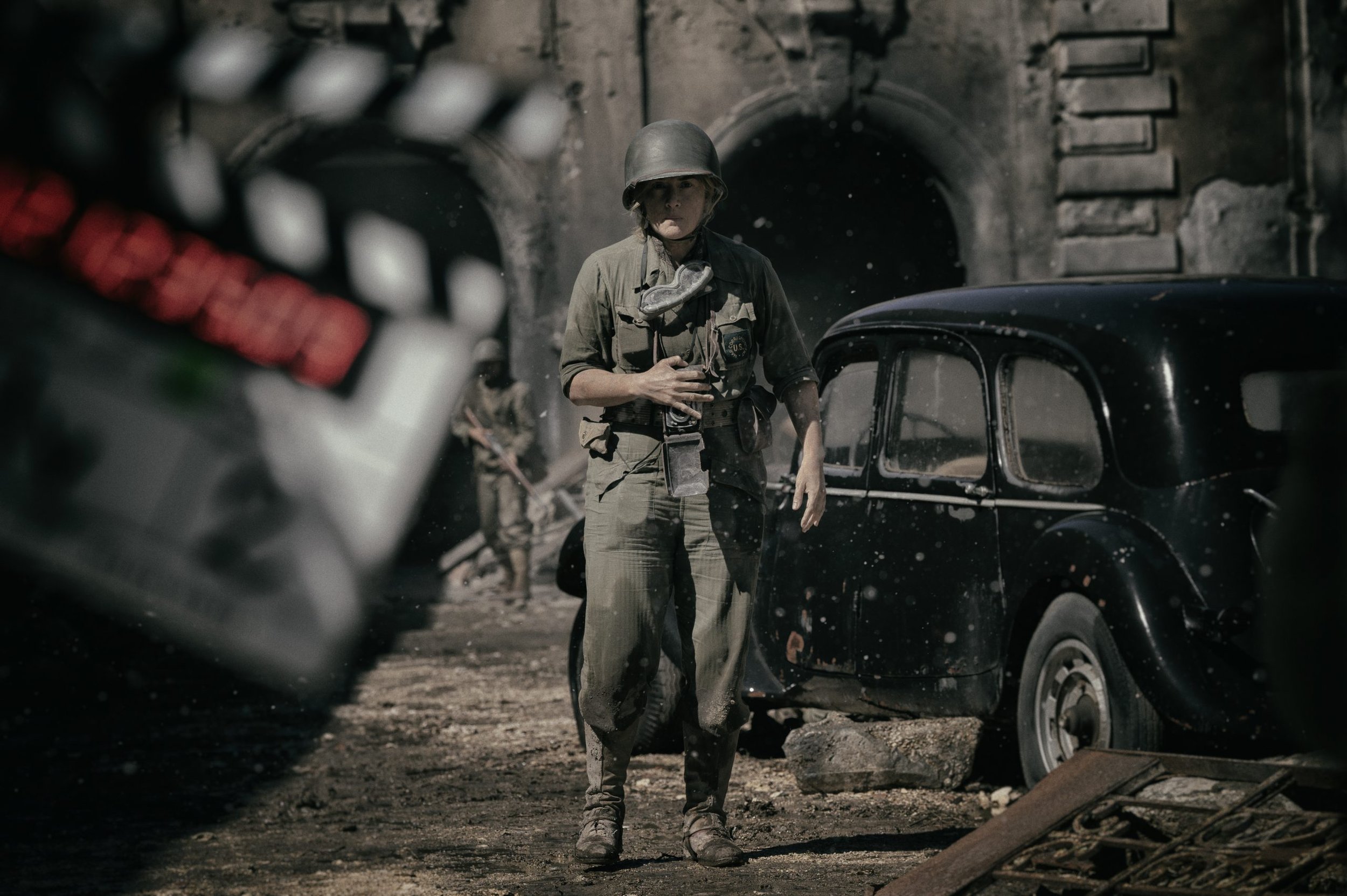‘Lee’ Review: Kate Winslet Is War Photographer Lee Miller In Dramatic Biopic [TIFF]
Kate Winslet in Lee. Courtesy of TIFF.
Conventional in its storytelling and messaging, Lee is a movie that you’ve seen before but is a compelling watch nonetheless. It summarizes the life of Elizabeth “Lee” Miller (Kate Winslet), a frontline photojournalist for British Vogue during the Second World War. We’re thrown into her past right from the start, dropped into a battle as Lee flees enemy bullets before a cloud of smoke covers the screen — revealing the title card — and we cut to 1977, as Lee talks to a journalist (Josh O’Connor) about her past.
Lee uses this structure throughout its course, ultimately making sense as to why it’s organized in this manner as the film ends, but it comes off as less interesting filler during the bulk of the story. Chronologically, we start with Lee’s past as a model-turned-photographer in the late thirties, frolicking and partying with assorted friends that include Marion Cotillard and Noémie Merlant — they’re important, I promise — and Roland, her future husband (Alexander Skarsgård who just can’t lock down his phony British accent). After running off with Roland to London, she goes to the offices of Vogue to meet with the editor (Andrea Riseborough) about a job. “You’re too old to model,” a snarky employee (Samuel Barnett) tells her, but she doesn’t want to be in front of the camera; she wants to be behind it.
Kate Winslet on set of Lee. Courtesy of TIFF.
Cut to: A few years later, Lee is an official war photographer, and the only thing holding her back from being everywhere to get the photos that people need to see is the amount of sexism in the military’s ranks. Here, she meets fellow photographer David Scherman (Andy Samberg, proving his dramatic chops), and this is where we spend the bulk of our time, jumping from their various affairs to Lee, answering questions in the “present” that allow the story to move forward. It’s really quite straightforward.
As a war movie, Lee doesn’t do war all that well. The imagery is solid, as you’d expect when the director (Ellen Kuras) is a former cinematographer, even if it looks overly polished. Sure, it’s a drama, but the lack of understanding of how to shoot compelling action when you drop your lead actress in the middle of history’s biggest war is certainly an issue. The dramatic sides of the war, however, are portrayed surprisingly well, with one moment set inside a Nazi concentration camp coming off as particularly chilling. Had this been the tone the film carries — and not the one that’s more about empowerment — this may have elevated Lee from being something more than one of the 20+ biopics that come out every year and end with white text over black screens and images comparing shots of the film to their real-life counterparts.
All of this builds to — not the scene in Hitler’s former apartment — a finale that’s immediately undercut by the closing cards, text that not only recaps the (actually quite good) final scene that, while feeling oddly reminiscent of the last episode of Daisy Jones and the Six, caps off a perfectly fine film in all manners. It’s not the best biopic you’ve ever seen, nor is it the worst war film you’ve ever seen.


